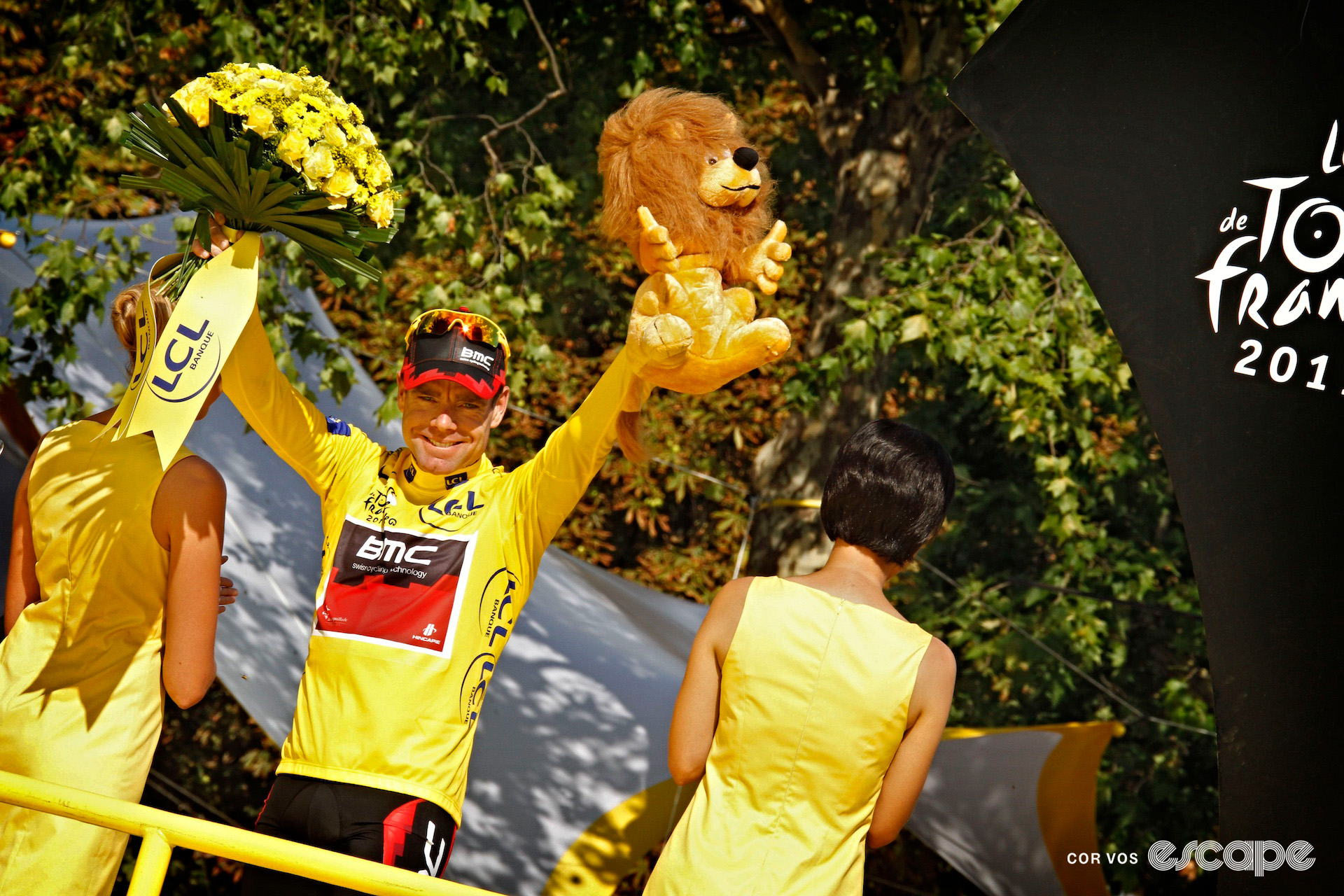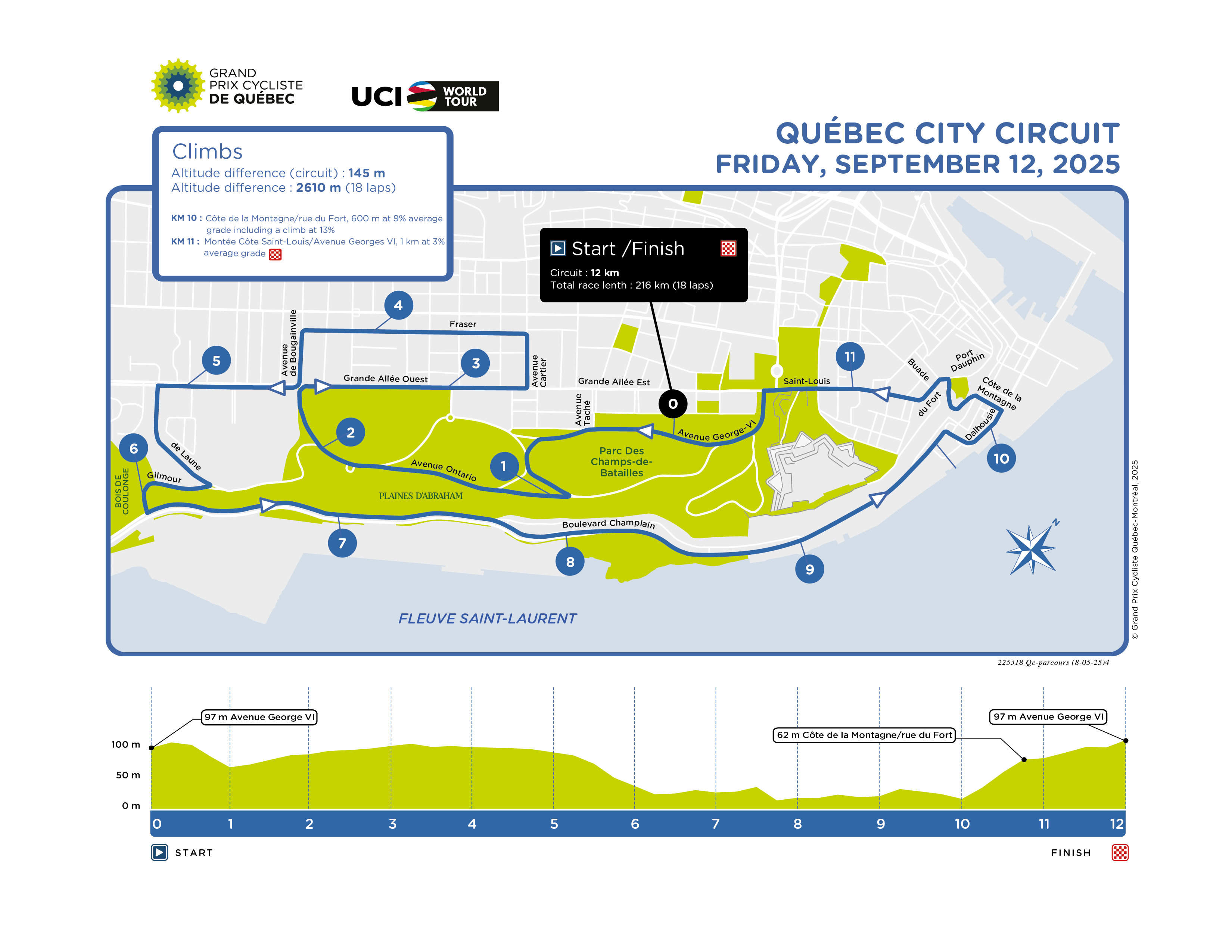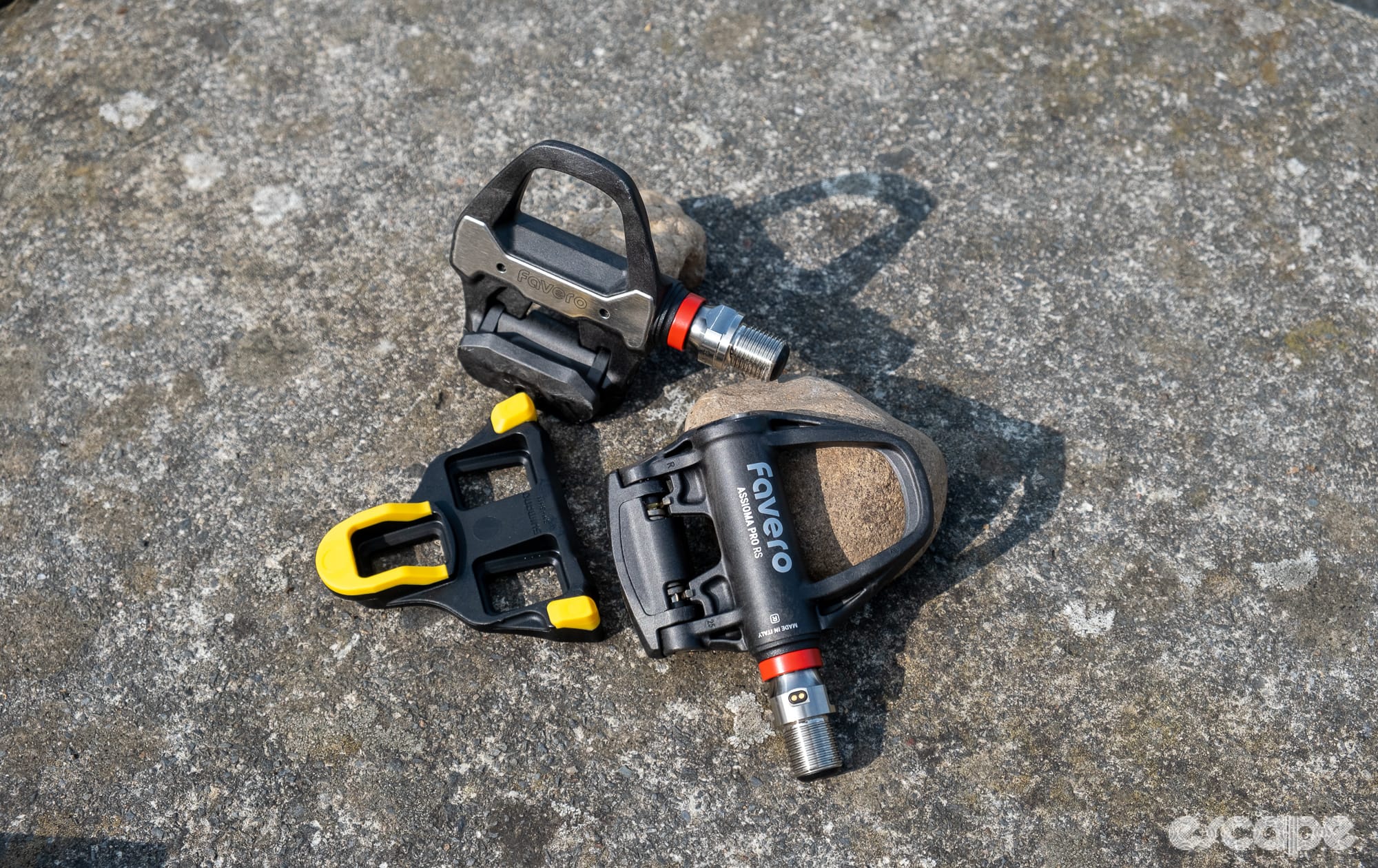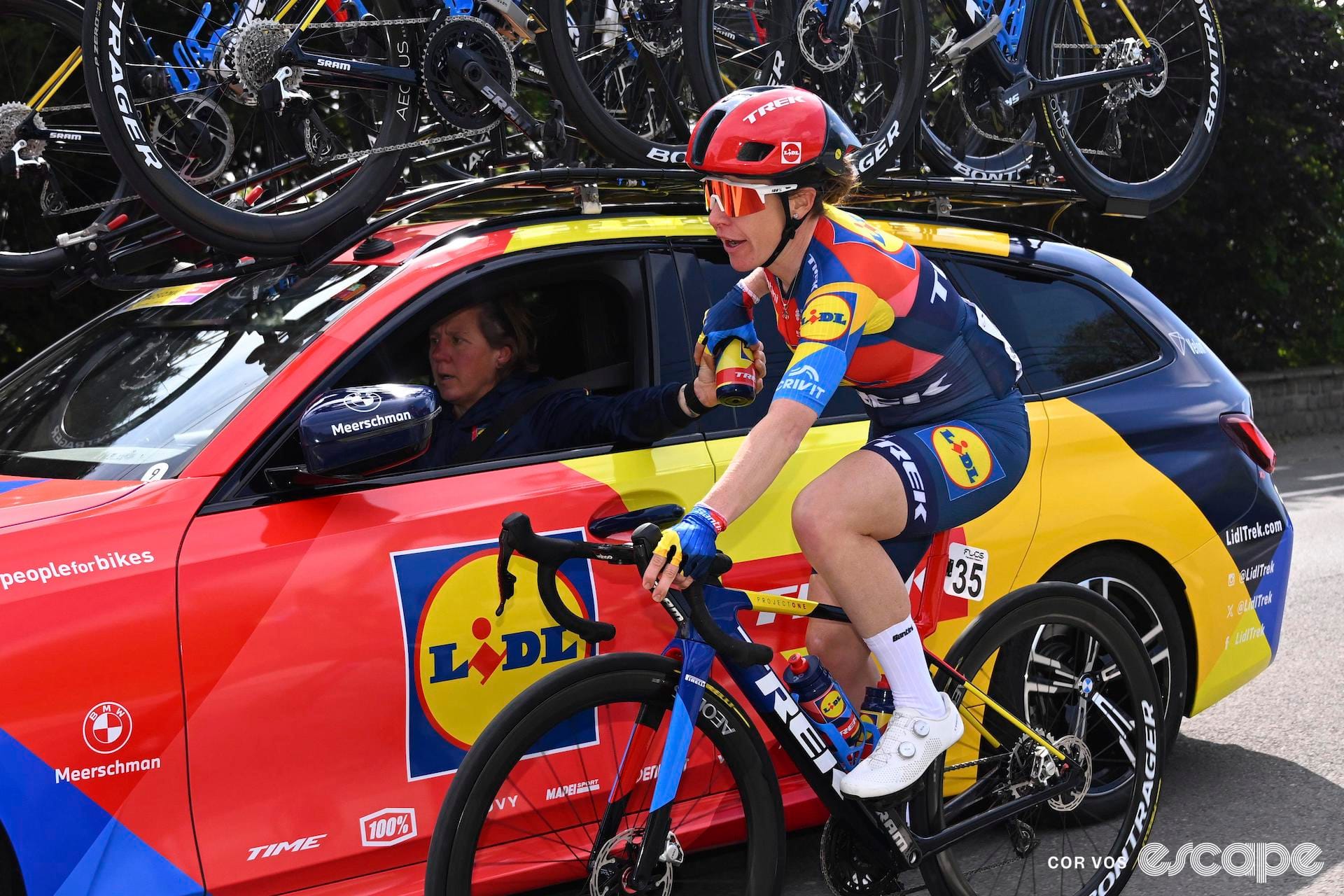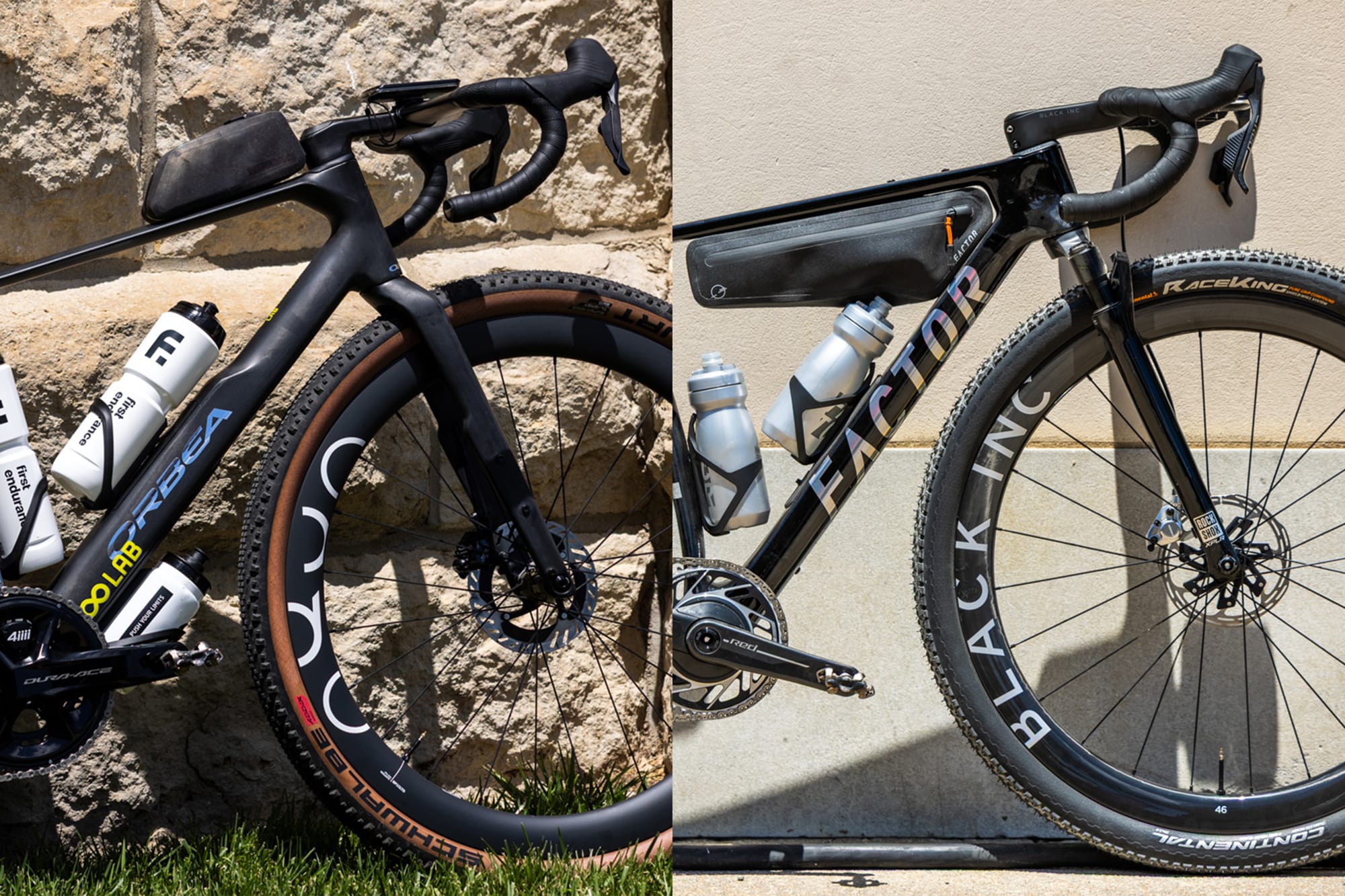The Cadel Evans Great Ocean Road Races have been run and won, the one-day races founded by Australia’s first and to date only Tour de France winner. Both were great events with worthy winners and burning-hot temperatures – Iain Treloar has more from both the women's and men's races here at Escape Collective.
With Evans in mind, and in an effort to hold onto the sunny Aussie summer of racing for a little while longer, before wet and blustery conditions cloud the public consciousness with the onset of the Spring Classics, we’re taking a look back at Cadel’s Tour, the 2011 race in which the then-34-year-old defied expectation and proved the potential established in the previous decade to finally take the yellow jersey – and keep it.
It was a dramatic race, and a very dramatic time in cycling. Coming up we have the foundations of the 2011 Tour, Cadel's road to victory and other notable events along the way, then what it meant and what happened next, before finishing up with some reflections and analysis from a handful of Escape members. There's also a complete list of stage winners for reference.
Let's get into it.
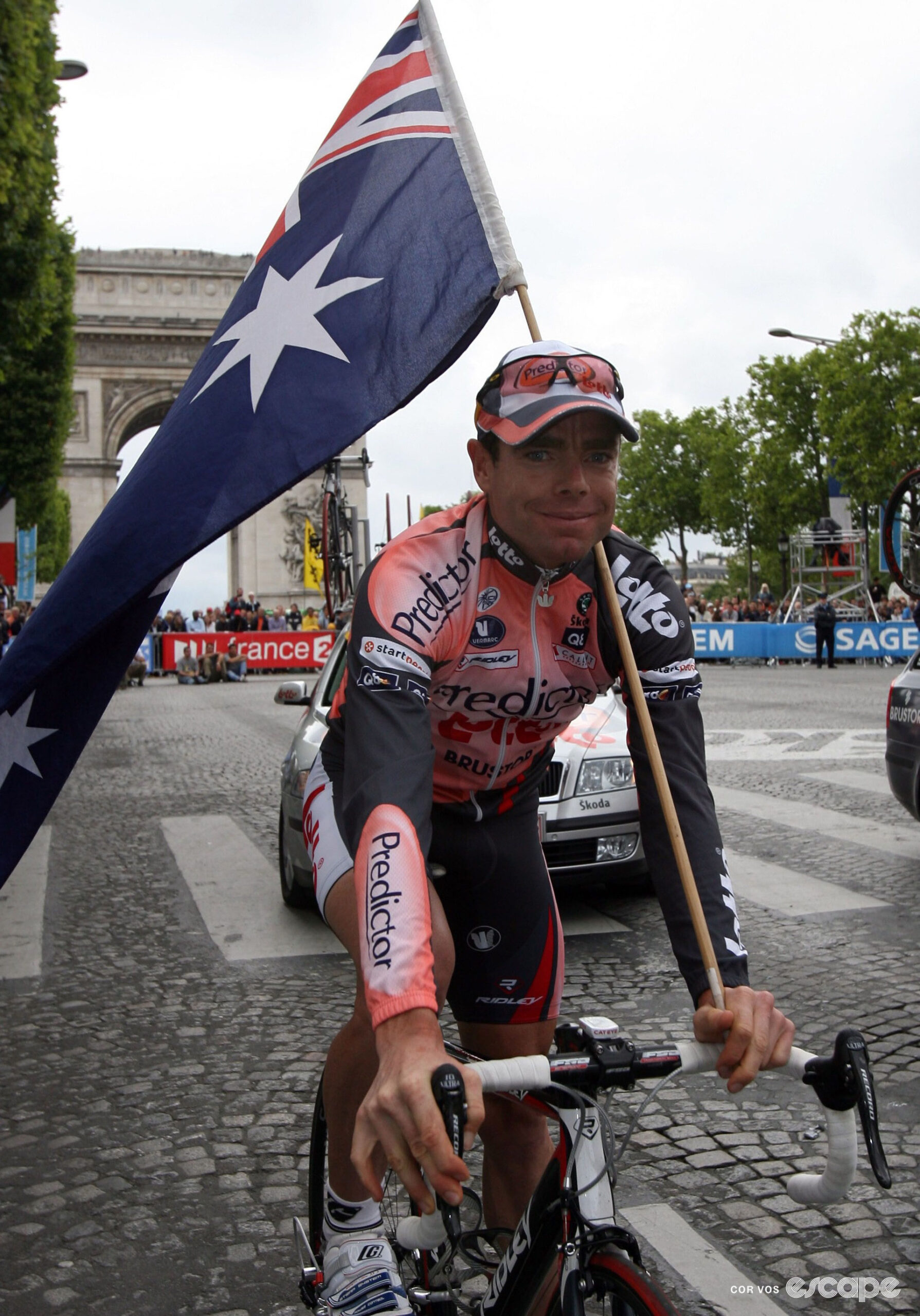
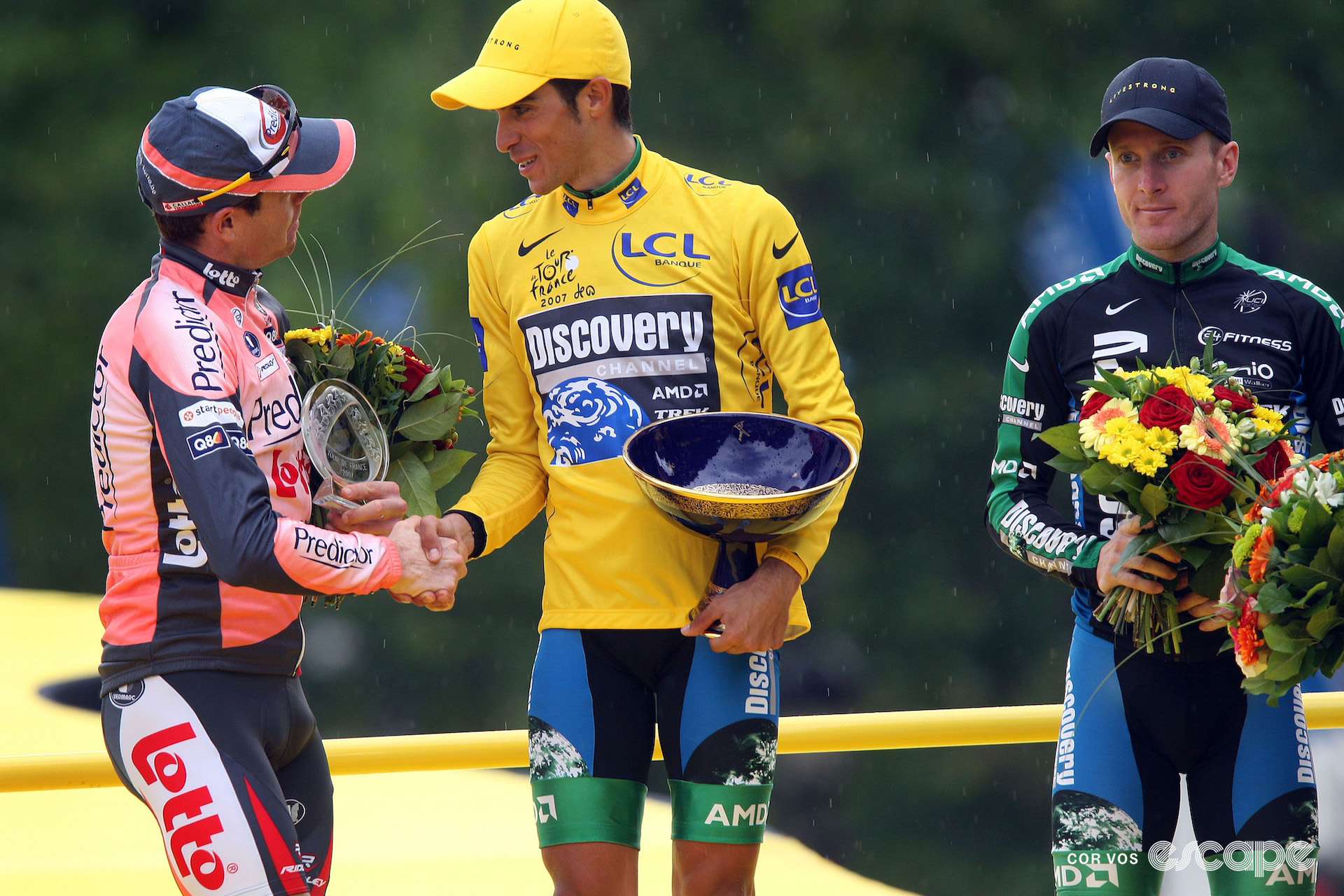
Setting the stage
- The reigning Tour de France champion was Alberto Contador, racing for Astana at the time. However, the 28-year-old, who transferred to Saxo Bank-Sungard over winter, was racing on borrowed time throughout 2011 after a urine sample taken on the second rest day of the 2010 Tour had revealed traces of Clenbuterol. A one-year ban had been proposed early in 2011, but the rider’s appeal meant that he could race on even while WADA and the UCI referred the case to the Court of Arbitration for Sport (CAS) in March, a few months before Contador won his second Giro d’Italia (which was later stripped). He was due to appear before CAS in June, but the case was postponed to August, leaving Contador free and clear(ish) to attempt the Giro-Tour double – regardless of the shadow cast over him, the recent Giro winner was a major favourite for the 2011 race.
- 2010 had also seen Lance Armstrong’s final Tour de France appearance, and his departure from the sport was just one of many signs of a gradual transition into a new era for the sport – including the 2008 introduction of Athlete Biological Passports (ABPs) – leaving behind the era of systemic doping. That said, this is not to say it was a wholesale change from one year to the next; doping continued to be an issue, and it’s still evident in one form or another today, albeit on a much smaller scale.

- The Schleck brothers from Luxembourg were also up there among the key favourites, especially Andy who would later be retroactively handed the 2010 Tour title following the conclusion of Contador’s clenbuterol case. At the start of the 2011 race, the younger Schleck was sitting on two consecutive runner-up finishes, both behind Contador, and was done being best of the rest – and best young rider. 2011 was the first year he was ineligible for the white jersey and he was all in for yellow.
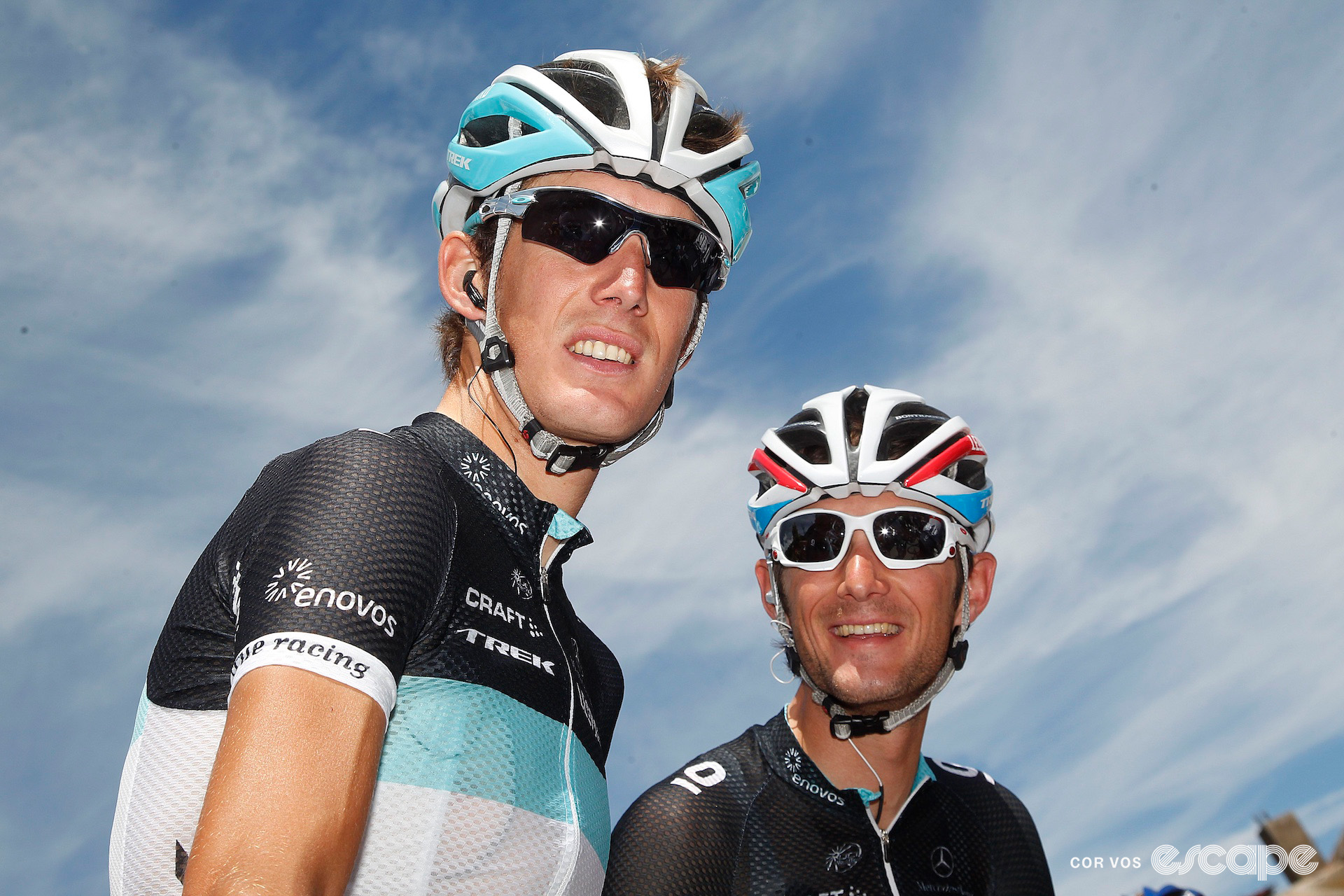
- Then there was Cadel Evans, eight years Andy Schleck’s senior at 34, racing his seventh Tour. The Australian had made history in 2007 as the first rider from down under to finish on the GC podium of the Tour, and until 2008, he had a healthy handful of top-10 results at the summer’s main event, including 8th on debut in 2005.
- After back-to-back runner-up finishes in 2007 and 2008, bad luck and injury scuppered the enigmatic Australian’s streak in the following two years, and with time marching on, the yellow jersey seemed to get further and further from his grasp.
- In the meantime he found success elsewhere, winning La Flèche Wallonne and a 2010 Giro stage in the rainbow jersey of world champion. A switch in team shortly after claiming the rainbow bands had apparently done Evans wonders, and with his sights on the Tour, the first half of 2011 could hardly have gone better, winning key build-up races Tirreno-Adriatico and the Tour de Romandie.
- The last and biggest Tour warm-up race, though, the Critérium du Dauphiné, was won by 31-year-old track and road racer Bradley Wiggins on the fledgling British squad Sky Procycling…
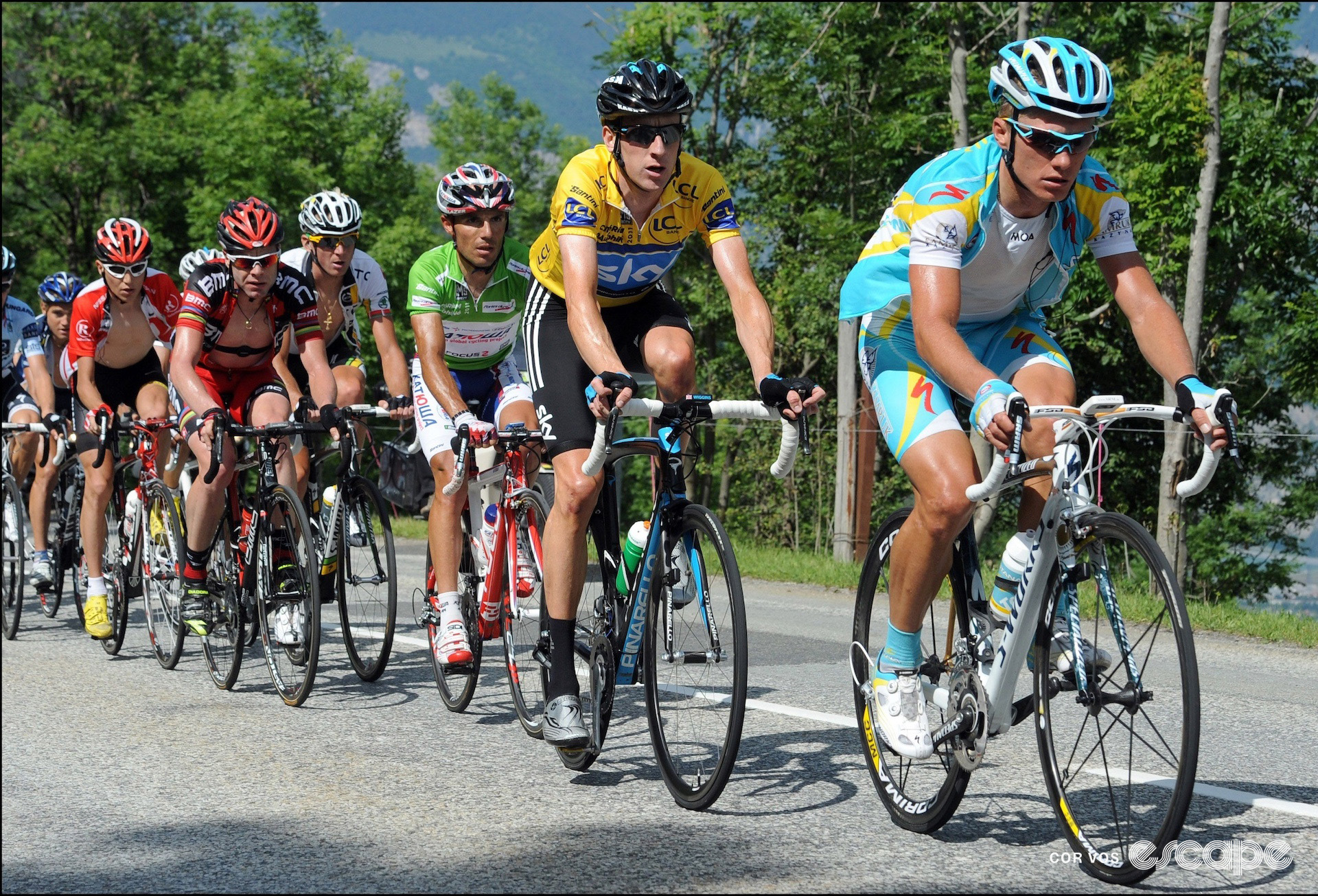
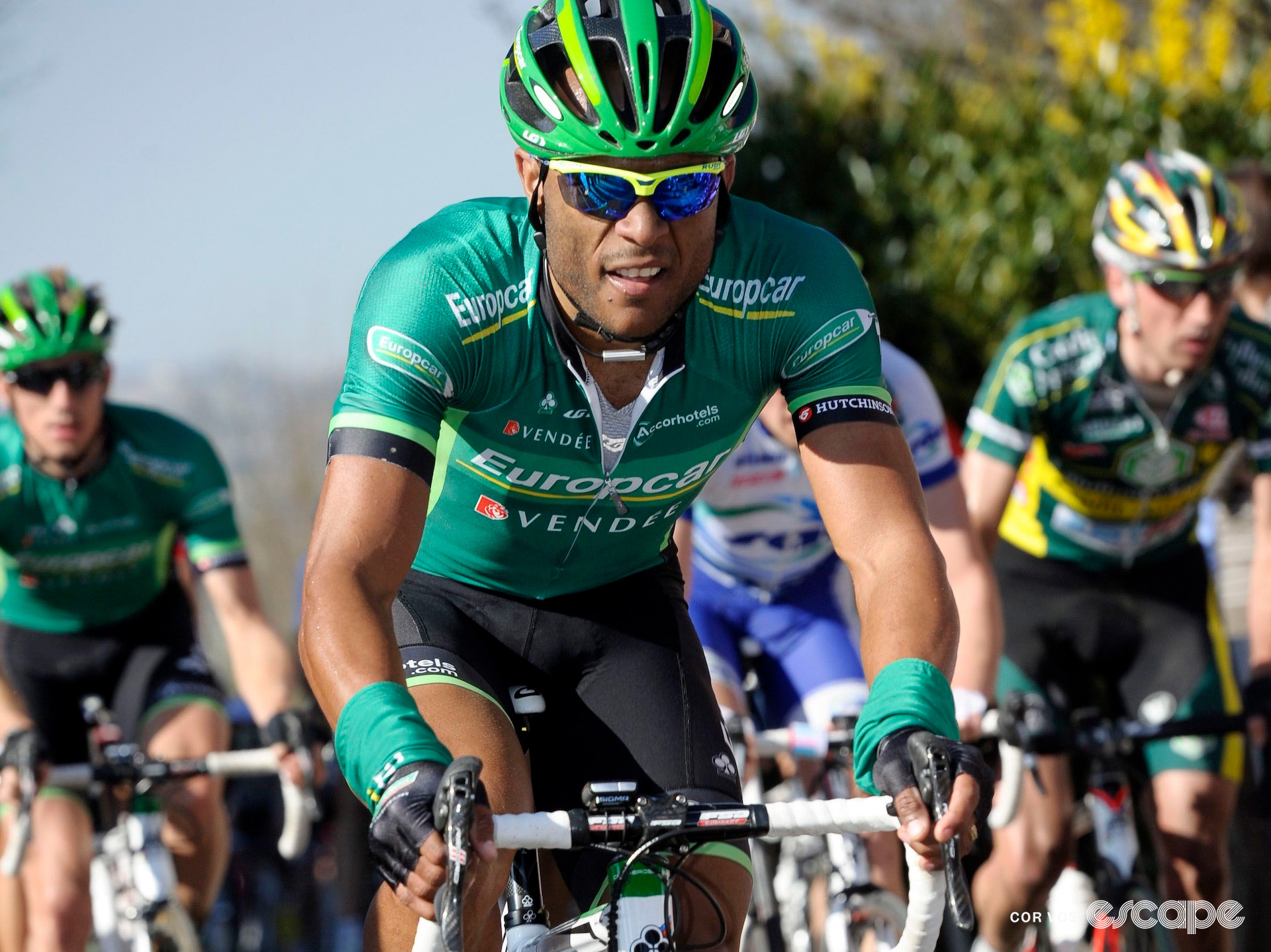
How it happened
The 2011 Tour began on the Passage du Gois causeway in the Vendée on France’s Atlantic coast, and ended on the Champs-Élysées 21 stages later. The race headed north to Brittany before visiting first the Pyrenees then the Alps, with a mountain finale on stage 19’s Alpe d’Huez. There would be two time trials, including a TTT on stage 2 and a last long and tantalising individual showdown on stage 20.
It's also possible to find much more thorough coverage of each and every stage, so have at it if you have 21-or-so hours to spare.
Cadel’s road to victory:
- Evans’ road to victory began on the very first day of the Tour, a 191.5-kilometre pilgrimage along the Atlantic Coast and inland to the Mont des Alouettes les Herbiers, a short 2.3 km ramp that favoured the peloton’s punchy finishers. The on-form Philippe Gilbert (Omega Pharma-Lotto) – whose spring had included Strade Bianche, third at Milan-Sanremo and the Ardennes triple crown – burst up the steady 4.4% gradient in his brand-new Belgian national champ’s jersey for the predicted opening-stage victory, and bounding up the hill behind him was Cadel Evans.

- After less than five hours of racing, Evans already had an advantage, not least over defending champion Contador and Euskaltel-Euskadi leader Samuel Sánchez who’d both crashed and lost 74 seconds on GC.
- The following day’s team time trial also played right into the talents of Evans and his BMC teammates, who only lost four seconds to winners Garmin-Cervélo. However, it wasn’t the boon it might have been with only a few seconds’ difference between the top teams, and the Schlecks’ Leopard Trek finishing on the same time. Contador, though, lost another 24 seconds.
- Evans took a day off on stage 3, with his sights set firmly on the following day’s finish up the Mûr-de-Bretagne and the first slow-motion general classification fight. Contador was in a vengeful mood as the yellow-jersey favourites assembled at the head of the race, but he went too early, providing instead a perfect slingshot for Evans. He was back in second overall, now just one second down on a magnificent Thor Hushovd (Garmin-Cervélo) who finished with the climbers.

- For the remainder of the first week, it was about staying vigilant, and keeping an eye especially on a Contador who was desperate for seconds, and the unlikely threat that was Thomas Voeckler (Europcar) who took the yellow jersey on a dramatic stage 9 – which included a spine-tingling crash (see below) – with second to fellow breakaway survivor Luis León Sánchez (Rabobank).
- Week two brought the Tour to the Pyrenees, after a couple of sprint contests between André Greipel – who won his first Tour stage into Carmaux – and Mark Cavendish, and phase two of the GC fight, which was taking place mostly without leader Voeckler despite his 2-minute-26-second lead over Evans in third overall.
- Stage 12 to Luz Ardiden saw a consolation win for Samu Sánchez while the GC pack was shuffled a little, the last remaining non-GC riders finally tumbling out of the top 10, including stage 9 winner Luis León Sánchez who sat second before the stage, and the true contenders clawing back time on Voeckler. Frank Schleck was the big winner that day, finishing third and leapfrogging into second overall.
- Breakaways and opportunists took centre stage into Lourdes (Thor Hushovd) and up the Plateau de Beille (Jelle Vanendert), with Voeckler mostly weathering the grinding-down efforts of his rivals in what remained a stalemate among yellow jersey contenders.

- On the second rest day, Voeckler still held 1:49 over Fränk Schleck and 2:06 over Cadel Evans, with Andy Schleck also close at hand at 2:15. Going into the final week, it was looking every bit the Evans vs Schlecks showdown we’d seen many times before, only with Voeckler casting a shadow over them all – small, though it was.
- The final showdown had to wait two days as the race’s foremost Norwegians had their fun in the breakaways (see below), and then came stage 18.
- The stage from Pinerolo to Galibier Serre Chevalier was the crux point of the 2011 Tour and lives on as one of the stand-out moments in Evans’ diverse career. The Schlecks and their Leopard Trek team came into the Alpine stage with a clear plan to send Andy on the attack early and isolate Evans, leaving Fränk open as an option later in the day. The first phase of the plan worked, with the younger Schleck attacking on the Col d’Izoard about 60 km from the finish, linking up with teammates Joost Posthuma and Maxime Monfort to build his advantage. His fellow GC contenders were fast running out of domestiques as the gap grew to over four minutes, and eventually Contador and then Evans grasped the bull by the horns and towed the group themselves.

- Evans managed single-handedly to take a whole minute out of Schleck in the last 5km to limit his losses, and though he let Fränk slip the leash and take a few seconds with a Schleck one-two, Evans kept both brothers well within reach with one mountain stage and a time trial – his strength – to come.

- With Voeckler struggling, it looked very much like the yellow jersey was in play for Andy Schleck along with the stage win, but the 32-year-old Frenchman clawed his way to the summit with 15 seconds in hand. It’s hard to say if he really enjoyed his final day in yellow given the efforts required 24 hours earlier, but the fairytale ultimately came to an end on the way to the Alpe d’Huez.
- While Voeckler dropped away before the finale, his young teammate Rolland flew up the climb to take his first Tour stage win and all but seal the white jersey of best young rider. About a minute behind him, the Schlecks tried in vain to shake off Evans at the end of a nerve-wracking day for the Australian who'd spent half the stage chasing a deficit of around a minute after a bike change. In spite of that, they all finished on the same time and Andy Schleck took over the yellow jersey at long last, but he was far from safe. In fact, there was a sense that the Australian was the champion in waiting given his only 57-second deficit and a 42.5 km ITT to come.
- Destiny awaited in the foothills of the Alps as the Tour took on the Grenoble time trial. It was Evans’s race to lose but his confidence was high going into the long ITT that he'd previewed at the Dauphiné, and he followed through, his head and legs combining to execute a patient and emphatic race of truth that fell just seven seconds short of Tony Martin’s (HTC-Highroad) winning time – he improved his Dauphiné benchmark by over a minute.

- With Andy Schleck finishing 2:38 down, the 34-year-old Australian finally pulled on the yellow jersey, only the processional Paris finale standing between him and the title.

Other key events:
- After a brilliant team time trial win on stage 2 put road world champion Thor Hushovd into yellow, Garmin-Cervélo stayed on top on stage 3 as their race leader delivered fellow fast man Tyler Farrar to a Grand Tour trilogy-making stage win on Independence Day. It was an emotional day for the American who paid tribute to his late friend Wouter Weylandt at the finish two months after the Belgian had died on stage 3 of the Giro d'Italia.

- Mark Cavendish got his annual streak of stage wins underway on stage 5 with his fabled HTC-HighRoad sprint train, then added a second, third, fourth and fifth over the course of the race, capping it off with victory on the Champs-Élysées for the third year running, and taking the green jersey all the way for the first time.
- Sophomore British team Sky Procycling got their first – and then second – ever Tour stage win at the 2011 edition, Edvald Boasson Hagen skipping clear of Matthew Goss (HTC-HighRoad) and race leader Hushovd on stage 6, a day before Sky's GC leader and Dauphiné winner Bradley Wiggins crashed out – and provided some vintage quotes through the filter of a generous dose of morphine administered at the hospital. Two weeks later, Boasson Hagen doubled up in the Alps from his second breakaway in as many days, finishing second to Hushovd into Gap, before himself tasting glory again in Pinerolo.

- With Hushovd and Boasson Hagen both winning two stages apiece, and the world champion spending a courageous seven days in the yellow jersey, it was one heck of a Tour for Norway.
- It was also one heck of a Tour for Thomas Voeckler, the unlikely leader for no less than ten stages, seven years after achieving the same feat at the 2004 edition, and for France, who enjoyed their talismanic hero’s exploits as well as the coming-of-age of another French star in Pierre Rolland who won the final mountain stage and the white jersey after helping his team leader for most of the race.
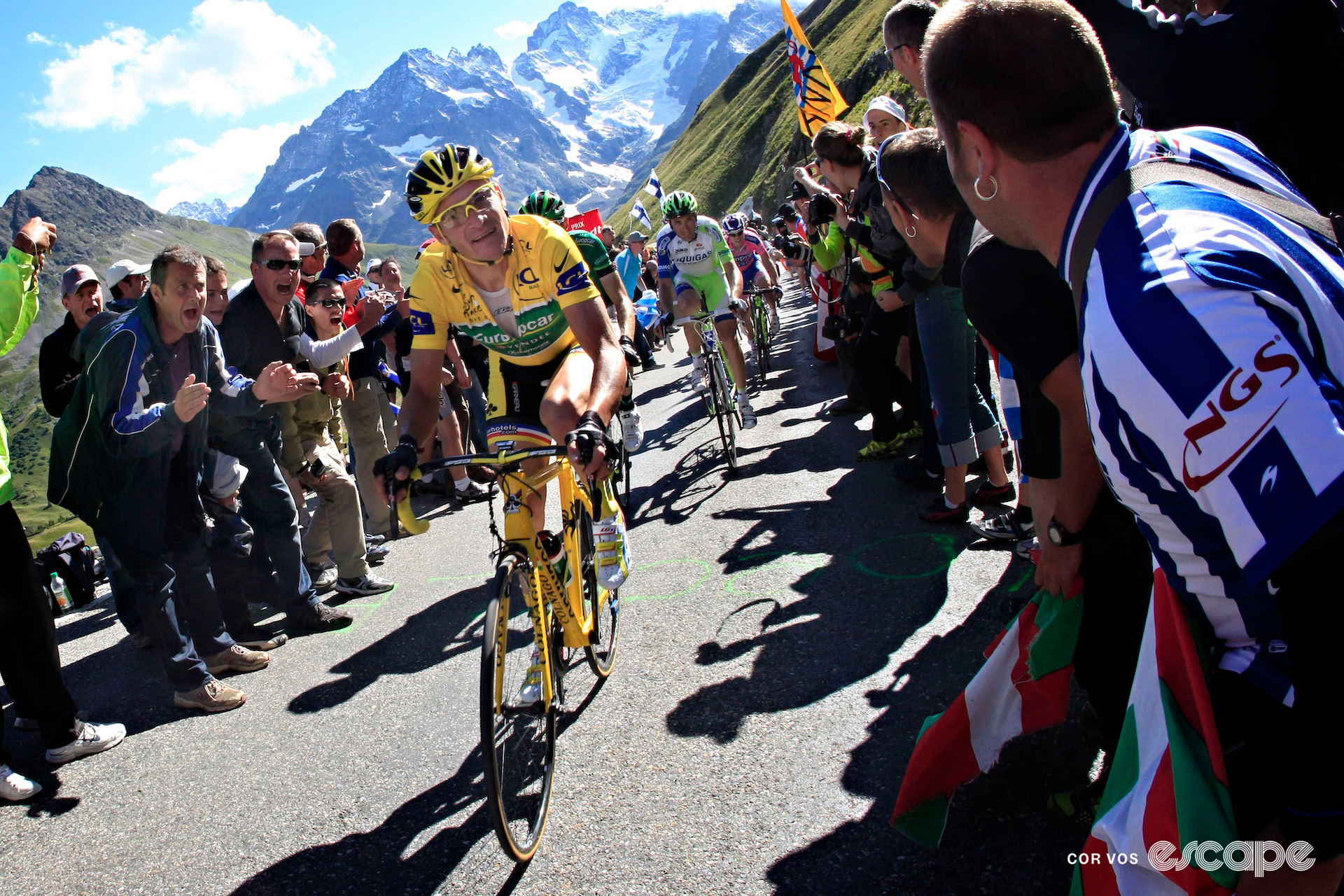

- On the same day Voeckler took yellow, the Tour endured one of its most inauspicious moments in recent memory. As always, there was a number of crashes ranging from unpleasant to horrifying during the race, but none more so than when a media car swerved into the breakaway on stage 9, knocking down Juan Antonio Flecha (Sky Procycling) and sending Johnny Hoogerland (Vacansoleil-DCM) catapulting into a barbed-wire fence. The Dutchman rode the last 38-odd kilometres covered in blood and accepted the KOM jersey in tears before receiving treatment for his wounds, which included no less than 33 stitches. Hoogerland finished the 2011 Tour, which was his first, and returned the next two years, but his was a career that is sadly now defined more by crashes than results.

Stage winners:
- Philippe Gilbert (Omega Pharma-Lotto)
- TTT: Team Garmin-Cervélo
- Tyler Farrar (Garmin-Cervélo)
- Cadel Evans (BMC Racing Team)
- Mark Cavendish (HTC-HighRoad)
- Edvald Boasson Hagen (Sky Procycling)
- Mark Cavendish (HTC-HighRoad)
- Rui Costa (Movistar Team)
- Luis León Sánchez (Rabobank)
- André Greipel (Omega Pharma-Lotto)
- Mark Cavendish (HTC-HighRoad)
- Samuel Sánchez (Euskaltel-Euskadi)
- Thor Hushovd (Garmin-Cervélo)
- Jelle Vanendert (Omega Pharma-Lotto)
- Mark Cavendish (HTC-HighRoad)
- Thor Hushovd (Garmin-Cervélo)
- Edvald Boasson Hagen (Sky Procycling)
- Andy Schleck (Leopard Trek)
- Pierre Rolland (Team Europcar)
- Tony Martin (HTC-HighRoad)
- Mark Cavendish (HTC-HighRoad)

GC Top 10:
- Cadel Evans (BMC Racing Team) 86:12:22
- Andy Schleck (Leopard Trek) +1:34
- Fränk Schleck (Leopard Trek) +2:30
- Thomas Voeckler (Team Europcar) +3:20
- Alberto Contador (Saxo Bank-Sungard) +3:57
- Samuel Sánchez (Euskaltel-Euskadi) +4:55
- Damiano Cunego (Lampre-ISD) +6:05
- Ivan Basso (Liquigas-Cannondale) +7:23
- Tom Danielson (Garmin-Cervélo) +8:15
- Jean-Christophe Peraud (AG2R La Mondiale) +10:11
- Pierre Rolland (Team Europcar) +10:43
Jersey wearers:
🟡 Cadel Evans
🟢 Mark Cavendish
🔴 Samuel Sánchez
⚪️ Pierre Rolland
👥 Garmin-Cervélo
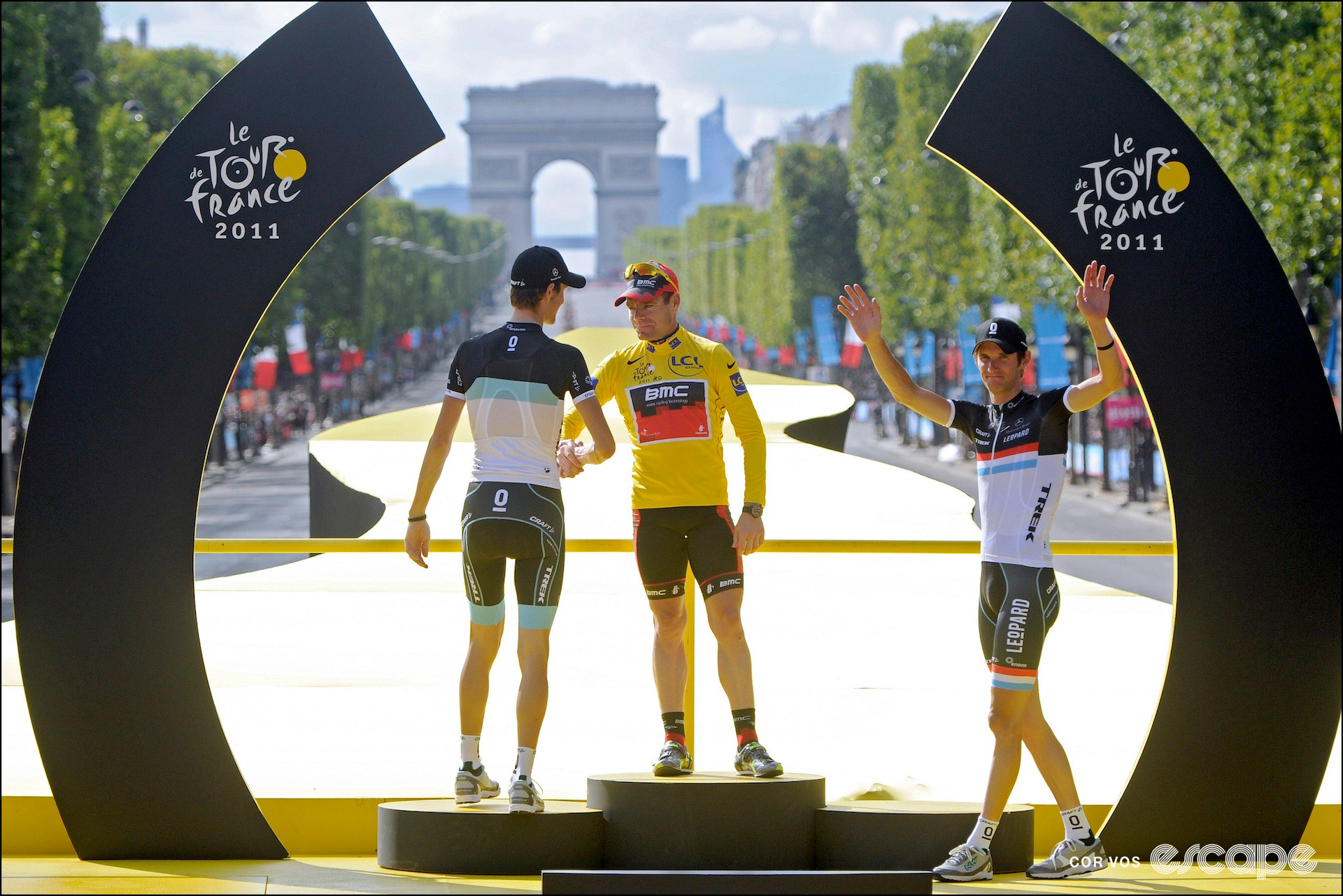
Brief analysis:
- We think of Tadej Pogačar as a pioneer of the always-on approach to racing, attacking from day one and apparently never fading despite the duration of the race and the backloading of high mountain passes – wrist injuries notwithstanding. Take the Team Sky years, for instance, and the slow grind into the latter weeks, timing the peak for altitude. Cadel Evans was not that rider either. He snuck out of the pack on the very first day, grabbing the runner-up spot and a handful of bonus seconds behind Gilbert, and he won a stage in Brittany three days later. Evans wasn't the first, but he was a trailblazer of a kind during an era in which cycling needed characters it could get behind.
- This was also a rider who was not afraid to take matters into his own hands, and never was that more the case than on stage 18, grinding into the gap being stretched out by his wily nemesis Andy Schleck despite having all his other rivals on his wheel.
- Evans became the first Australian to win the Tour in cycling history, the first from the southern hemisphere and only the second-ever non-European after Greg Lemond – Egan Bernal became the third member of that three-rider club in 2019. Australian cyclists were by no means newcomers on the world stage – there were two at the 1914 Tour – but the nation's impact really began to pick up in the 1980s. The '90s and early 2000s then saw a surge in development on the road, track and mountain biking, which all built towards a high of 11 Australian participants in the 2010 Tour, then the 2011 foundation of the Orica-GreenEDGE team and, of course, a triumphant Tour victory for Evans. These days, Australia is a nation that demands attention, with their road and track riders always counted among the best on the planet.

What happened next?
- A few months after the close of the Tour, Alberto Contador finally appeared before CAS in November 2011, with the decision handed down in early February 2012, days after he won two stages and finished second at the Tour de San Luis. He was found guilty of accidental ingestion of clenbuterol and stripped of 18 months of results including overall victories at the 2010 Tour and 2011 Giro, and suspended until August 2012. He also saw his Saxo Bank contract annulled, however he re-signed with the team four months later. After making his return at the Eneco Tour, Contador went on to win his second Vuelta title in the late summer.
- Cadel Evans raced on until 2015, bowing out at the inaugural edition of his eponymous one-day bike race on the Great Ocean Road, taking fifth from the lead group behind winner Gianni Meersman.
- Another of the main characters, Thomas Voeckler, remained a staple of the Tour de France conversation for years to come, even to this day perhaps. He won two stages and finally secured a leader's jersey as King of the Mountains in 2012, and raced every Tour until his retirement in 2017, staying loyal to the team he'd begun his career with in 2000, but 2011 was his pinnacle.

Escape Collective member contributions:
- Worth remembering that Evans’ best years in the classics were at the tail end of the blood doping era. He was almost certainly the top clean finisher at least once at both Lombardia and Liege. By the time the passport came in he was 100% focussed on stage racing. (I mean, if you look back at his results it’s 4th at Lombardia behind Cunego, Boogerd & Basso. 6th behind Cunego, Ricco(!), Sanchez, Schleck & Rebellin. 5th at Liege behind Vinokourov, Voigt, Boogerd & Bettini. And more.) It’s beyond insane that the 2004 Lombardia result still stands. The classification reads like a who’s who of famous dopers [Richard]
- There was, and still is, a clear integrity throughout his career. He was chasing good nutrition, gear optimisation, and training in a way very few others did in that period. [Drew D]
- FWIW, I've thought that Evans being good but not quite good enough for many years, and then all of a sudden being good enough to win once the blood passport was introduced, is a mark in favor of his being clean. In other words, his level didn't improve, everyone else's declined once it became a lot harder to dope, and that made him relatively better. [Caleb Hayter]
- [As for] the 2011 Tour - it was low-key amazing. Gilbert taking yellow, a great first week, and then Voeckler’s run in the jersey. Capped off by two completely insane mountain stages to decide the GC. (Schleck & Contador attacking from 100km out, in an era when no-one attacked that far out.) Though with hindsight Contador’s presence (racing under appeal, which he eventually lost) makes it hard to put in context. [Richard]
- In my memory of the 2011 Tour, I remember Contador being there but I don’t recall him looking like he was going to win the Tour at any point. Obviously he had a lot of distraction but it was clear he wasn't even in his pretty mediocre 2010 form … it seemed like a Schleck vs Cadel fight all the way, as i remember it [Nikephoros]
- Yeah, but Contador made a couple of Hail Mary attacks that really altered the GC fight. On the last mountain stage he went away with Schleck and almost put Evans out of contention. [Richard]
- I’ve been thinking recently that Evenepoel and Cadel are similar riders (physiologically) - but Cadel never really focused on the classics - he could have won a lot more, I think. And a pity we didn't have the aero know-how we do now for him. A gentle perfectionist, across multi-disciplines. Pretty shy. He was agonisingly close to at least 1 more Tour, a Vuelta, and some others. His 2009 World champs win was amazing. [Drew D]
Did we do a good job with this story?

